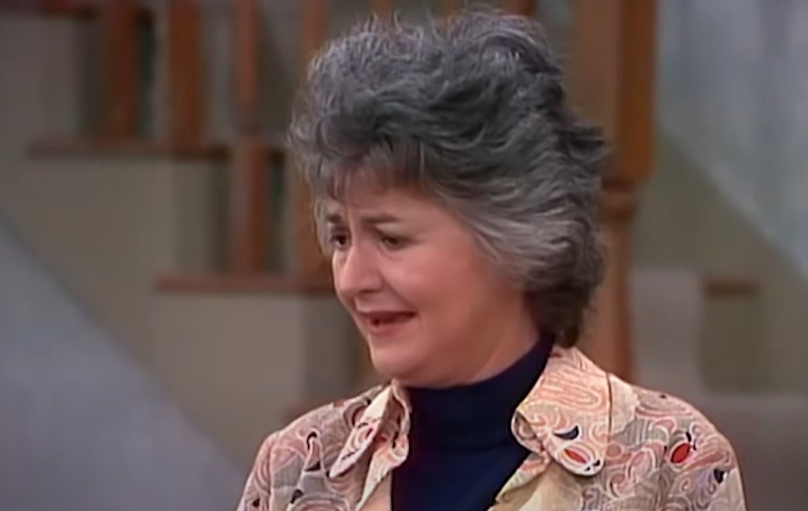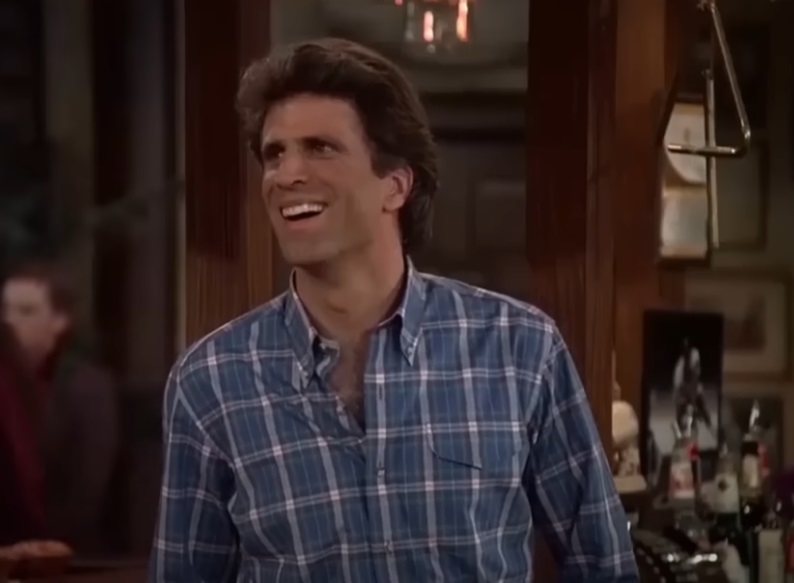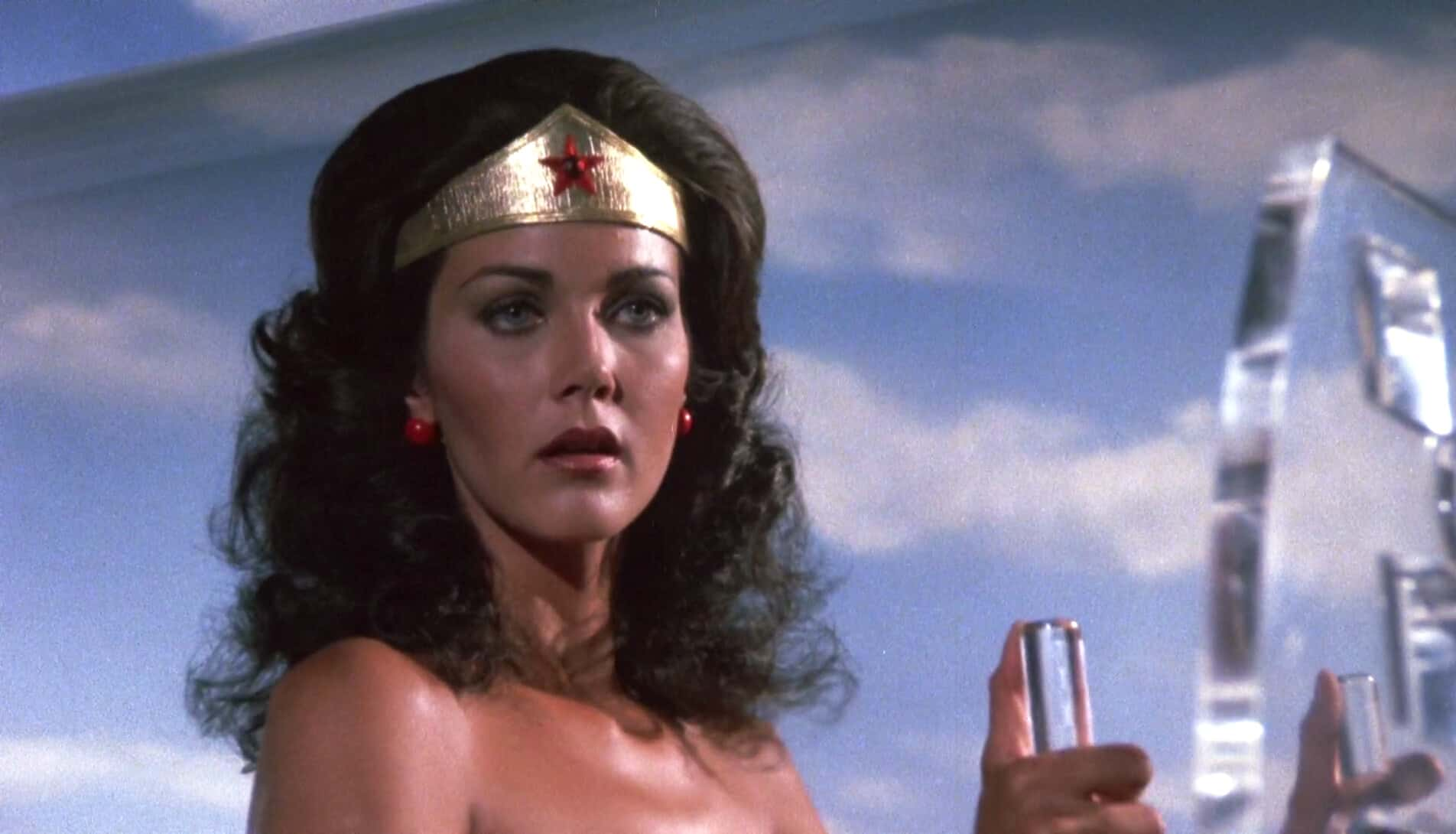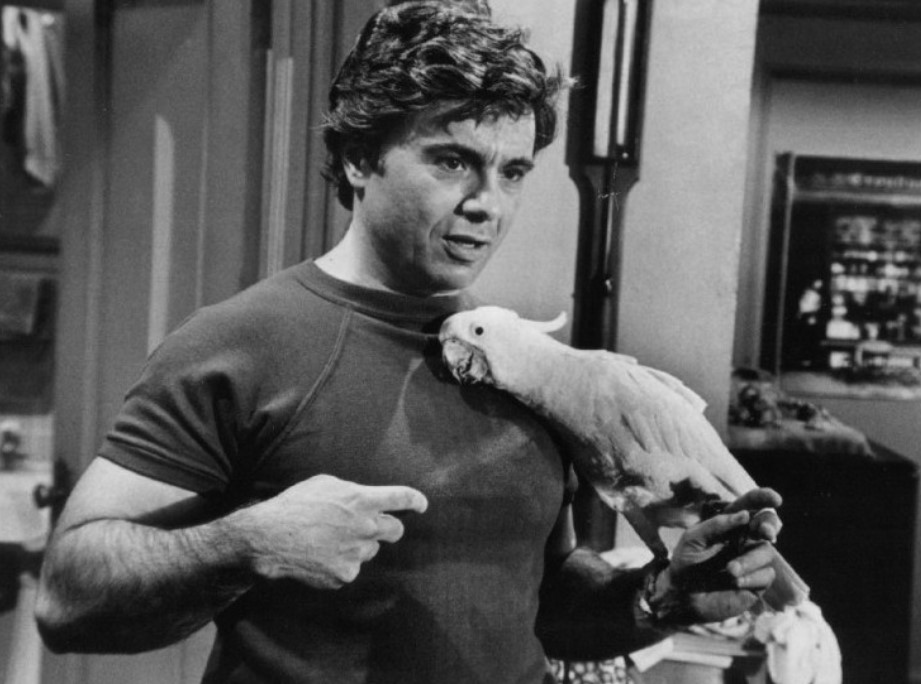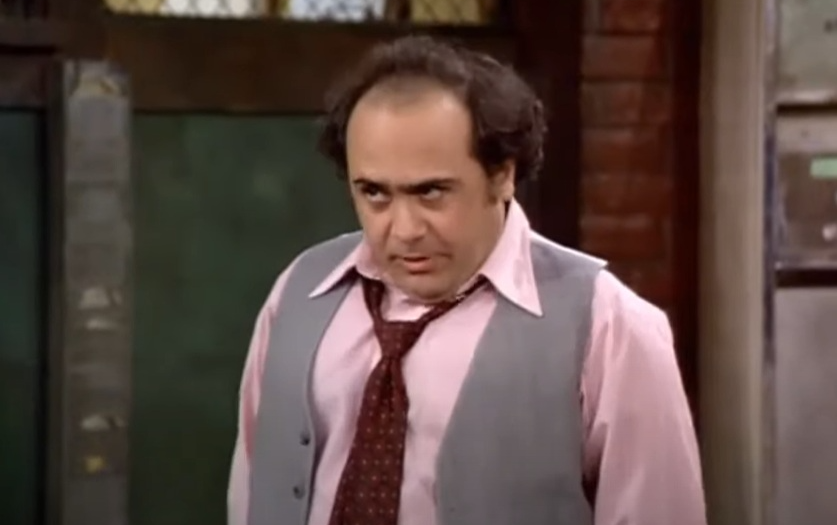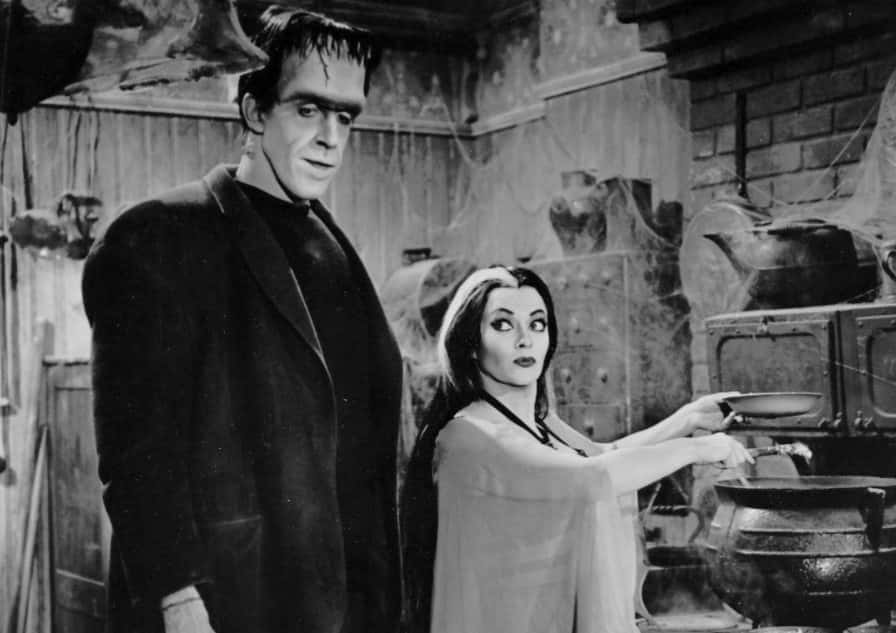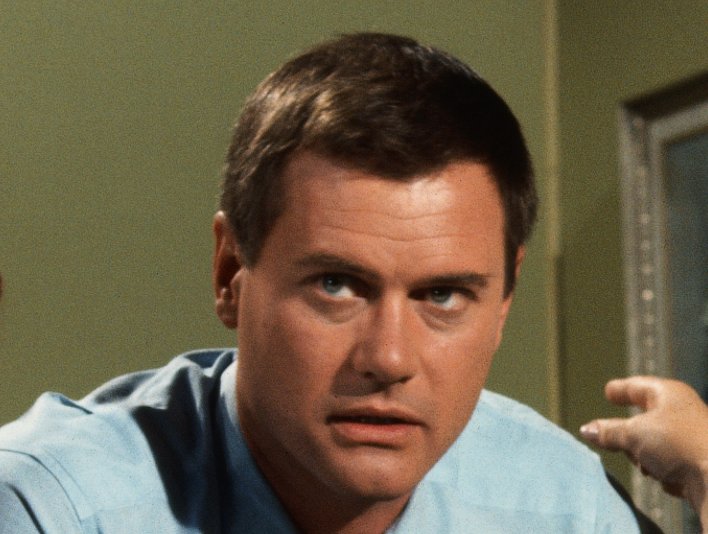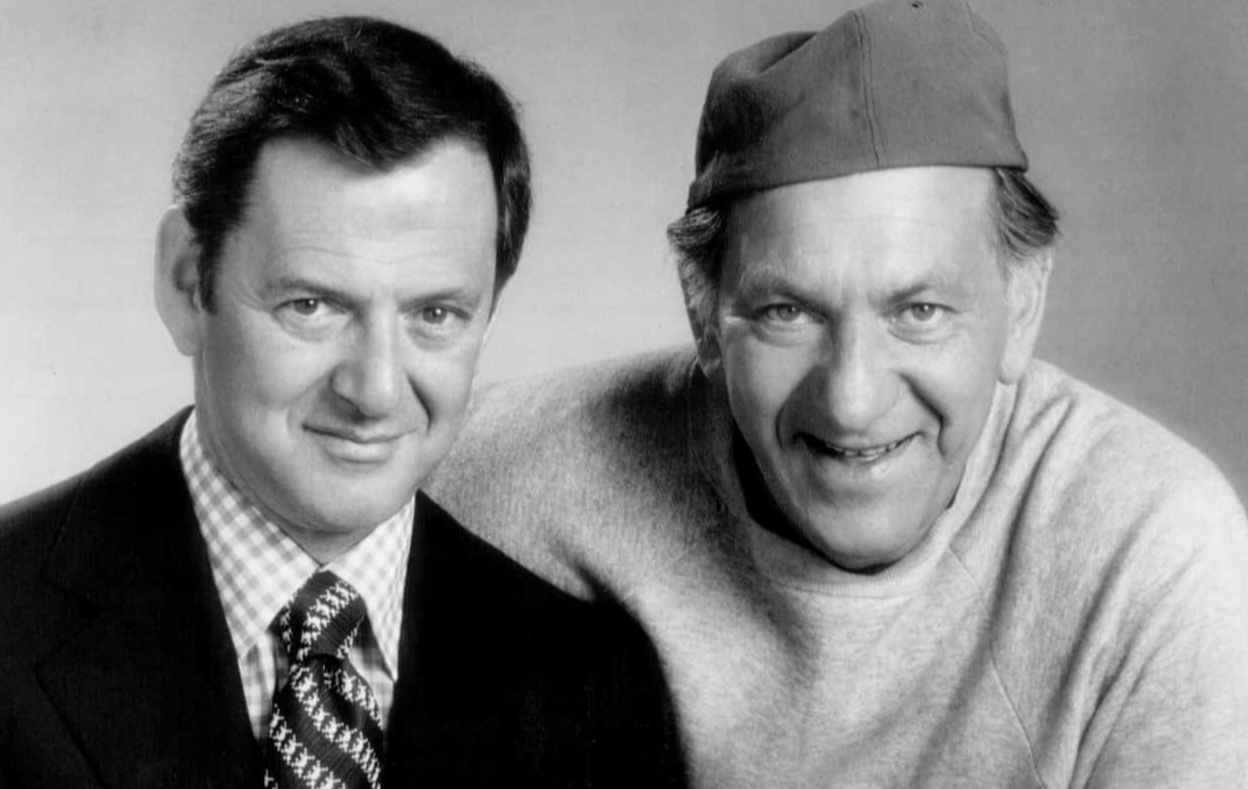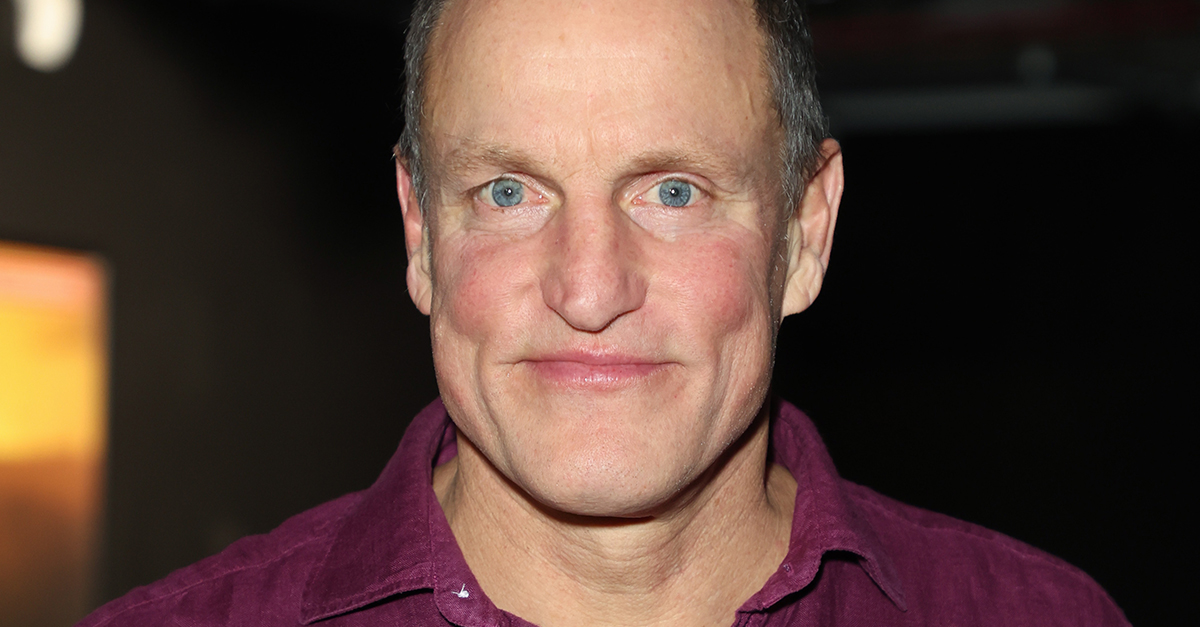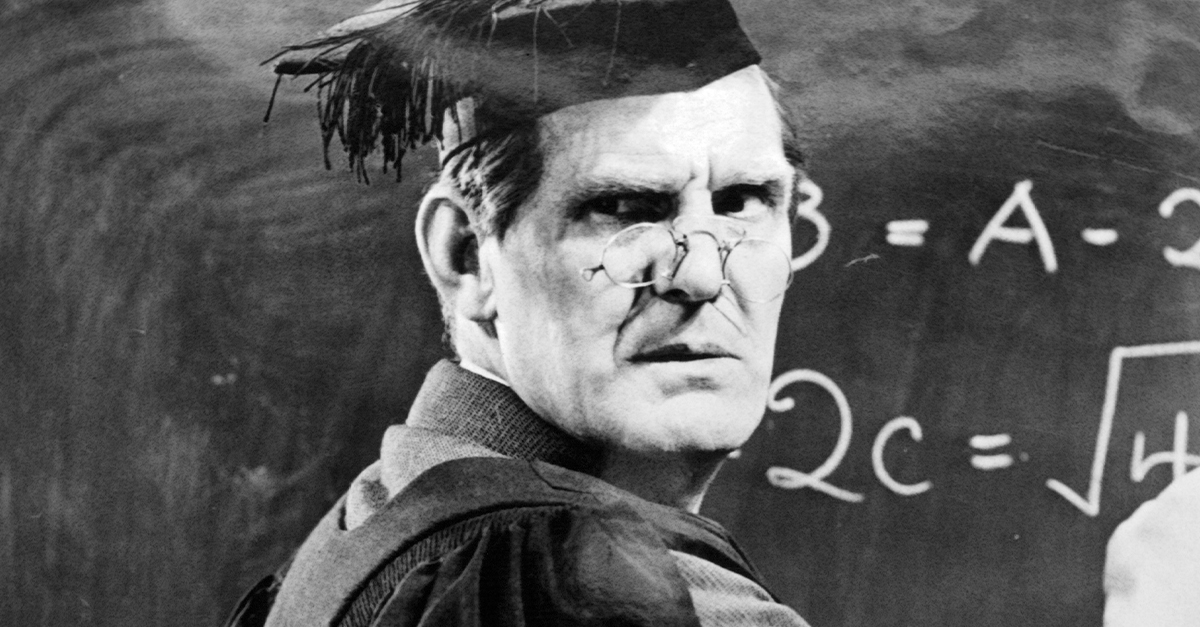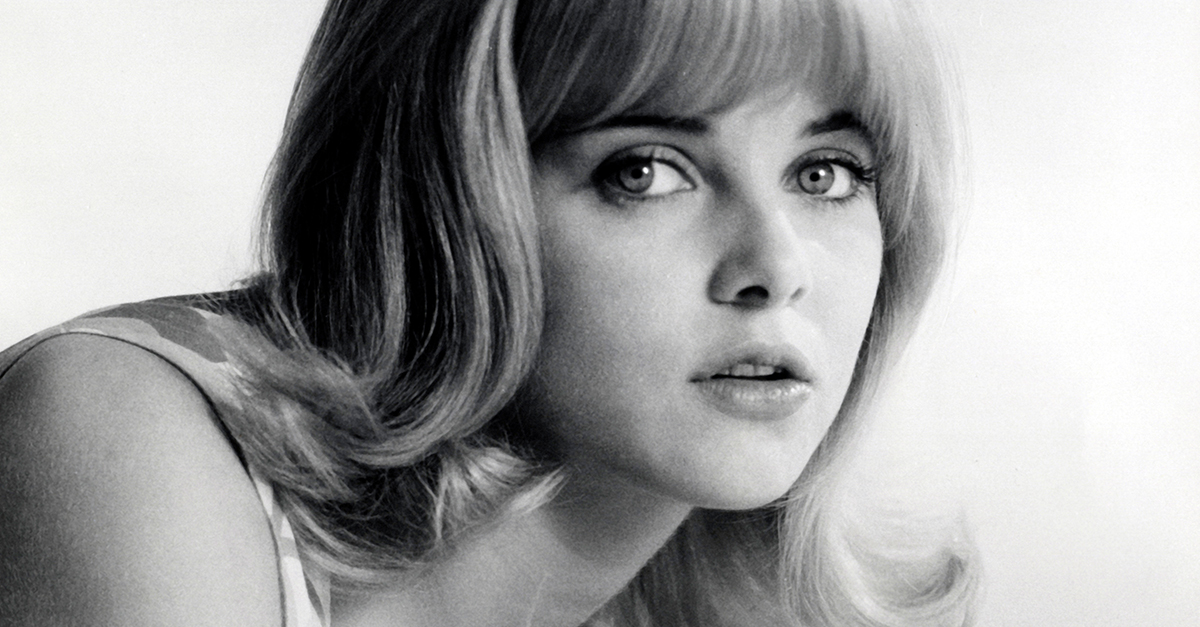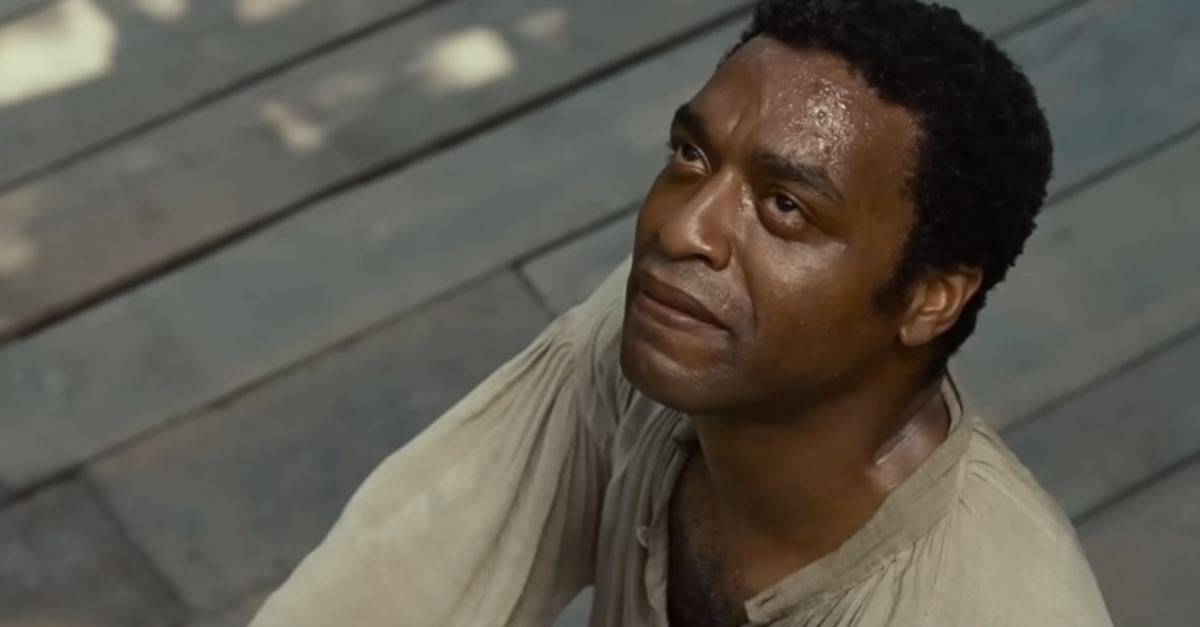Roasted And Canceled
The small screen gave us unforgettable icons, but not all of them aged like fine wine. With inappropriate workplace behavior and tasteless one-liners, these characters would be ruthlessly called out in today's world.

Howard Cunningham (Happy Days)
Howard Cunningham often reinforced traditional gender roles by suggesting women belonged in the kitchen, although he occasionally showed flexibility. Fast forward a few decades, his predominantly conservative worldview would raise more eyebrows than nostalgia, despite some progressive moments.
Jack Tripper (Three's Company)
Pretending to be gay in order to skirt housing rules? That was Jack Tripper's whole schtick. It may have seemed edgy for its time, but the premise leaned on the idea that queerness was something to imitate for laughs. It would now feel less like comedy and more like a cautionary tale in sitcom ethics.
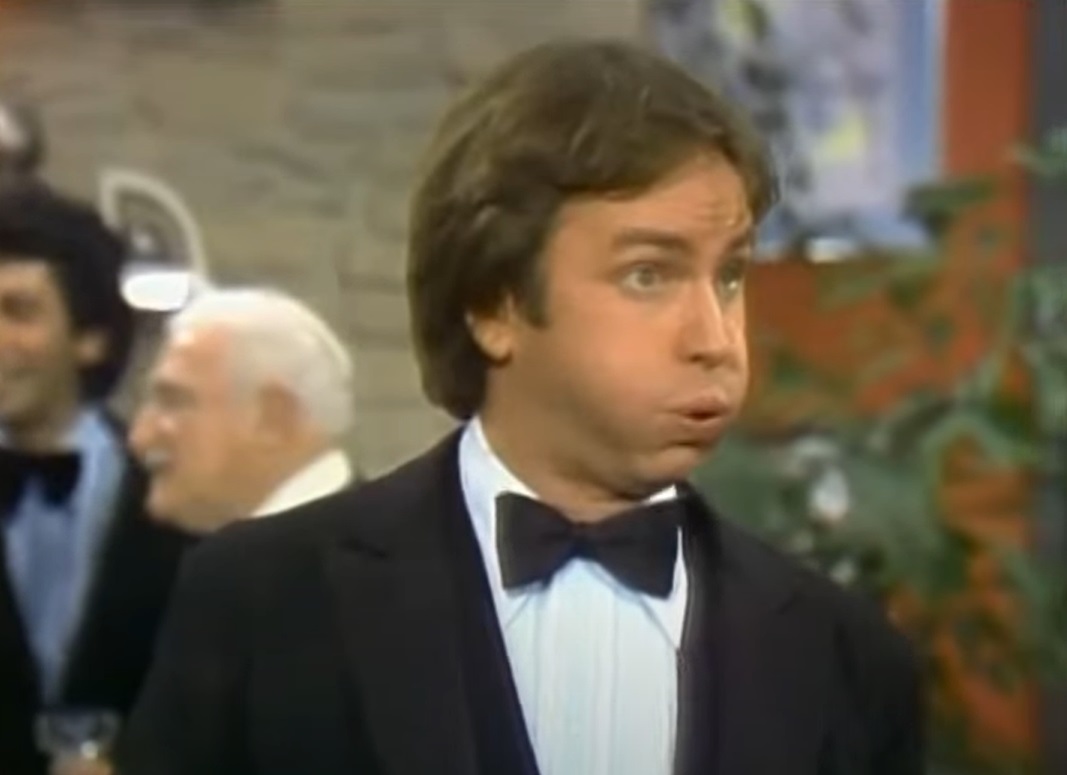 ABC, Three's Company (1977-1984)
ABC, Three's Company (1977-1984)
Jim Ignatowski (Taxi)
Jim's spaced-out personality made him a fan favorite, but much of it stemmed from implied heavy drug use. The stoner stereotype might have drawn laughs then, but current audiences expect characters battling substance issues to be more than comedic caricatures.
 Taxi: Jim recites poetry by Hippiemans
Taxi: Jim recites poetry by Hippiemans
Steve McGarrett (Hawaii Five-O)
Steve McGarrett ran Hawaii's elite police force like a one-man army. While cool under pressure, his style included racial profiling and rough justice tactics. These days, viewers expect accountability, not iron-fisted policing. His "Book 'em, Danno" bravado would likely come with a civil rights lawsuit.
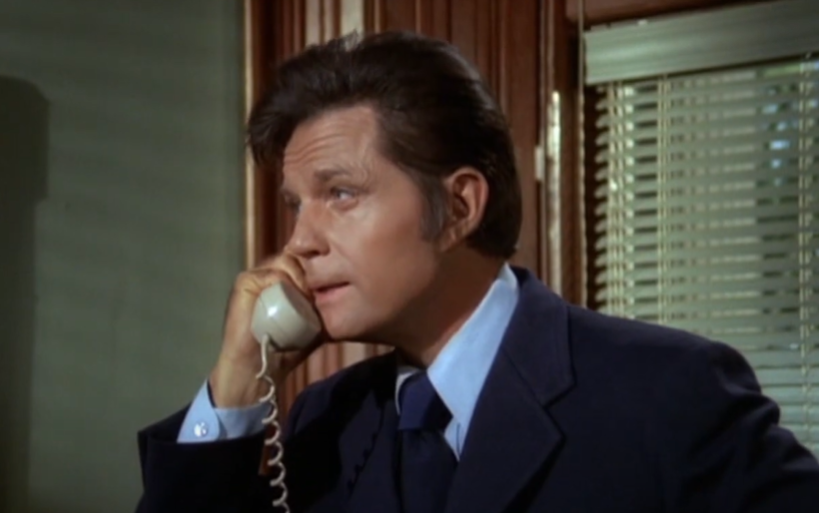 CBS, Hawaii Five-O (1968–1980)
CBS, Hawaii Five-O (1968–1980)
Maude Findlay (Maude)
Progressive to a fault, Maude often steamrolled others in her crusade for what she believed was right. Her feminist ideals were groundbreaking, but her arrogance could overshadow other voices. Modern audiences might find her tone grating and her self-righteousness a little hard to take.
Sam Malone (Cheers)
Running a bar came second to flirting for Sam Malone. This ex-ballplayer turned bartender built his identity around irresistible charm and relentless romantic pursuits—especially with the women he employed. It was all part of the "fun" at Cheers, but looking back, those dynamics feel more like a lawsuit waiting to happen.
Fred Sanford (Sanford And Son)
Insults were Fred Sanford's love language. Whether mocking Aunt Esther's looks or making jabs at anyone who crossed him, Fred's sharp tongue was a big part of Sanford and Son's humor. But his regular ridicule of women, often veiled as jokes, feels mean-spirited by modern standards.
 Fred Sanford: Words of Wisdom | Compilation | Sanford and Son by Sanford and Son
Fred Sanford: Words of Wisdom | Compilation | Sanford and Son by Sanford and Son
Jamie Sommers (The Bionic Woman)
She broke boundaries as a female lead, but Jamie's storyline often bent to male influence. Despite her powers, she was emotionally restrained and frequently placed in reactive roles. Instead of leading, she was guided. Modern female superheroes would call that out as empowerment wrapped in a man-made box.
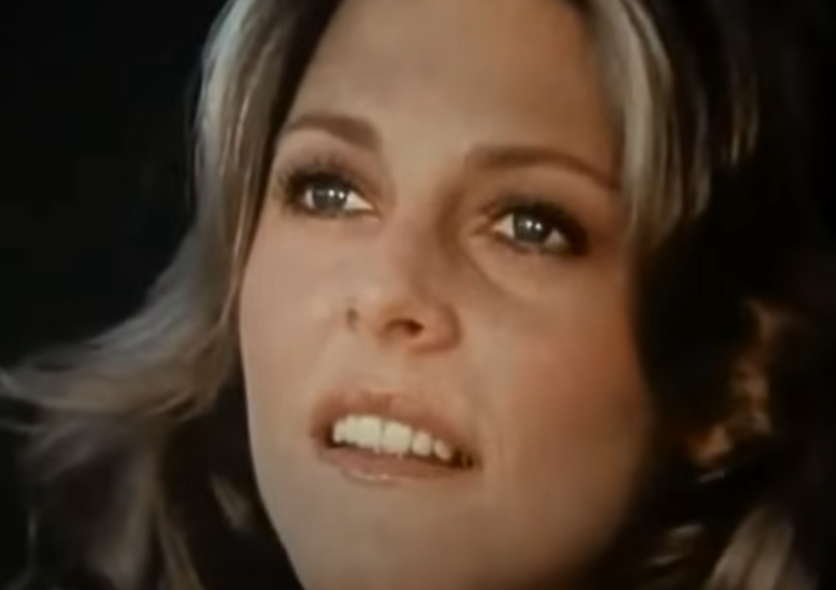 Harve Bennett Productions, The Bionic Woman (1976–1978)
Harve Bennett Productions, The Bionic Woman (1976–1978)
Detective Mike Stone (The Streets Of San Francisco)
Mike Stone was an old-school cop with a hard line on justice and a soft spot for assumptions. Though respected, he made quick judgments, especially when suspects didn't look or act like him. In the current climate, his tunnel vision and lack of nuance would spark debate.
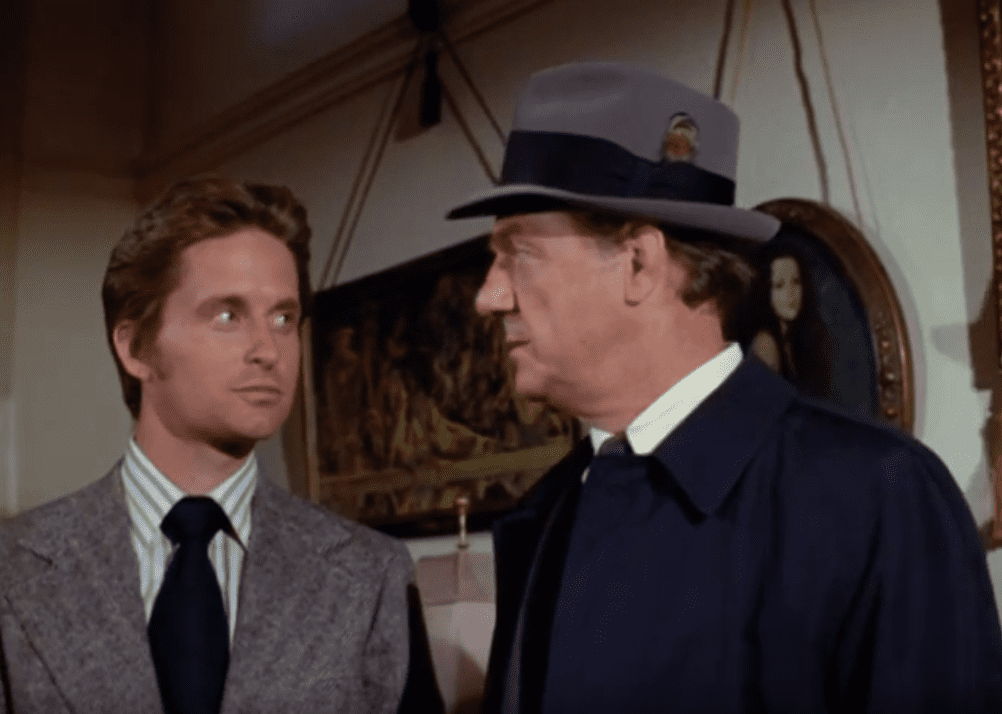 The Streets of San Francisco (1972–1977), Warner Bros. Television
The Streets of San Francisco (1972–1977), Warner Bros. Television
George Jefferson (The Jeffersons)
He moved on up—and took his loud, chauvinistic attitude with him. George Jefferson was quick to hurl insults at women, his neighbors, and especially his long-suffering maid. His fiery temper and inappropriate rants would likely come with a social media backlash.
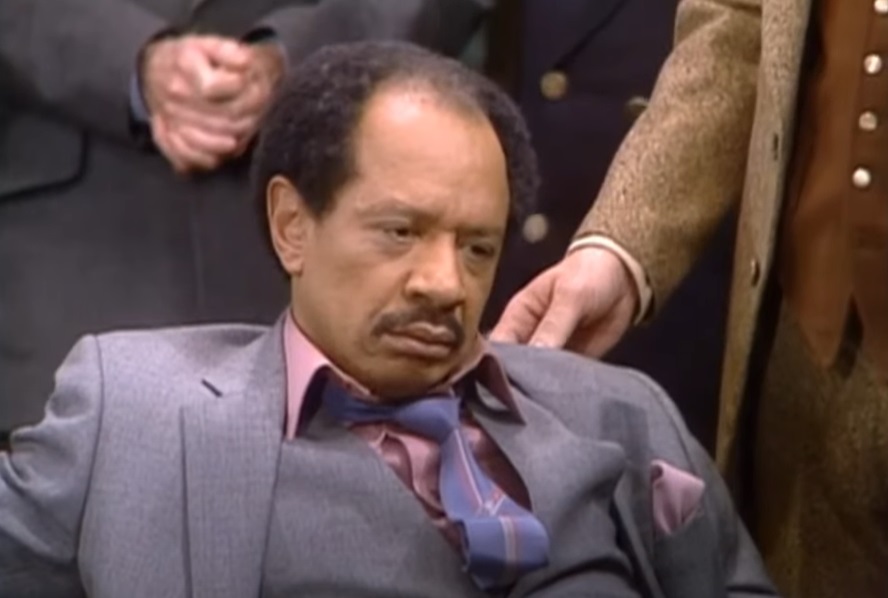 CBS, The Jeffersons (1975-1985)
CBS, The Jeffersons (1975-1985)
Arthur Carlson (WKRP In Cincinnati)
Mr Carlson meant well but led poorly. As station manager, he often ignored disturbing behavior and let misogyny fly under the radar. His hands-off style let others dictate the workplace culture, especially when it came to women.
 The Art of Being The Big Guy with a tribute to WKRP regulars no longer with us. by JJ's Place
The Art of Being The Big Guy with a tribute to WKRP regulars no longer with us. by JJ's Place
Huggy Bear (Starsky & Hutch)
With his flashy outfits and streetwise charm, Huggy Bear became a fan favorite. But his portrayal leaned hard on racial stereotypes. Just slang and the occasional snitch role. Today, that kind of representation would raise red flags for reducing Black characters to sidekick status.
 Huggy Bear's Vampire Protection Kit, from The Vampire 1976 (Starsky & Hutch S02E07) by baaadmutha75
Huggy Bear's Vampire Protection Kit, from The Vampire 1976 (Starsky & Hutch S02E07) by baaadmutha75
Ralph Kramden (The Honeymooners)
"To the moon, Alice!" was his punchline, not a literal threat. Still, Ralph Kramden's constant yelling and threats of violence toward his wife wouldn't get laughs today. That kind of explosive domestic dynamic now feels more disturbing than funny, especially in a prime-time format.
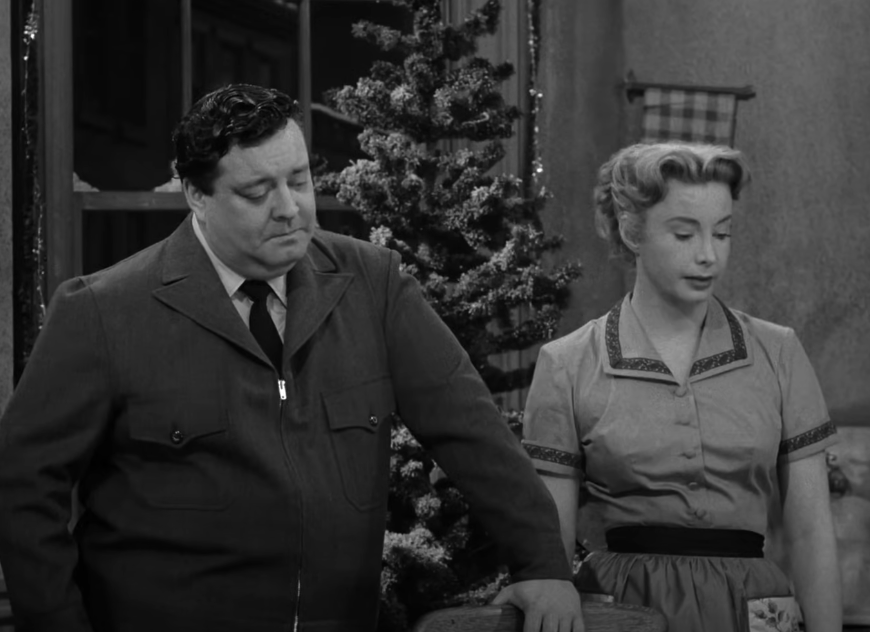 Paramount, The Honeymooners (1955–1956)
Paramount, The Honeymooners (1955–1956)
Quincy, M E (Quincy, M E)
Dr Quincy solved crimes, sure—but often while interrupting or patronizing the women around him. He treated female colleagues like assistants, regardless of their credentials. Watching him now feels less like retro charm and more like an exhibit in workplace gender bias.
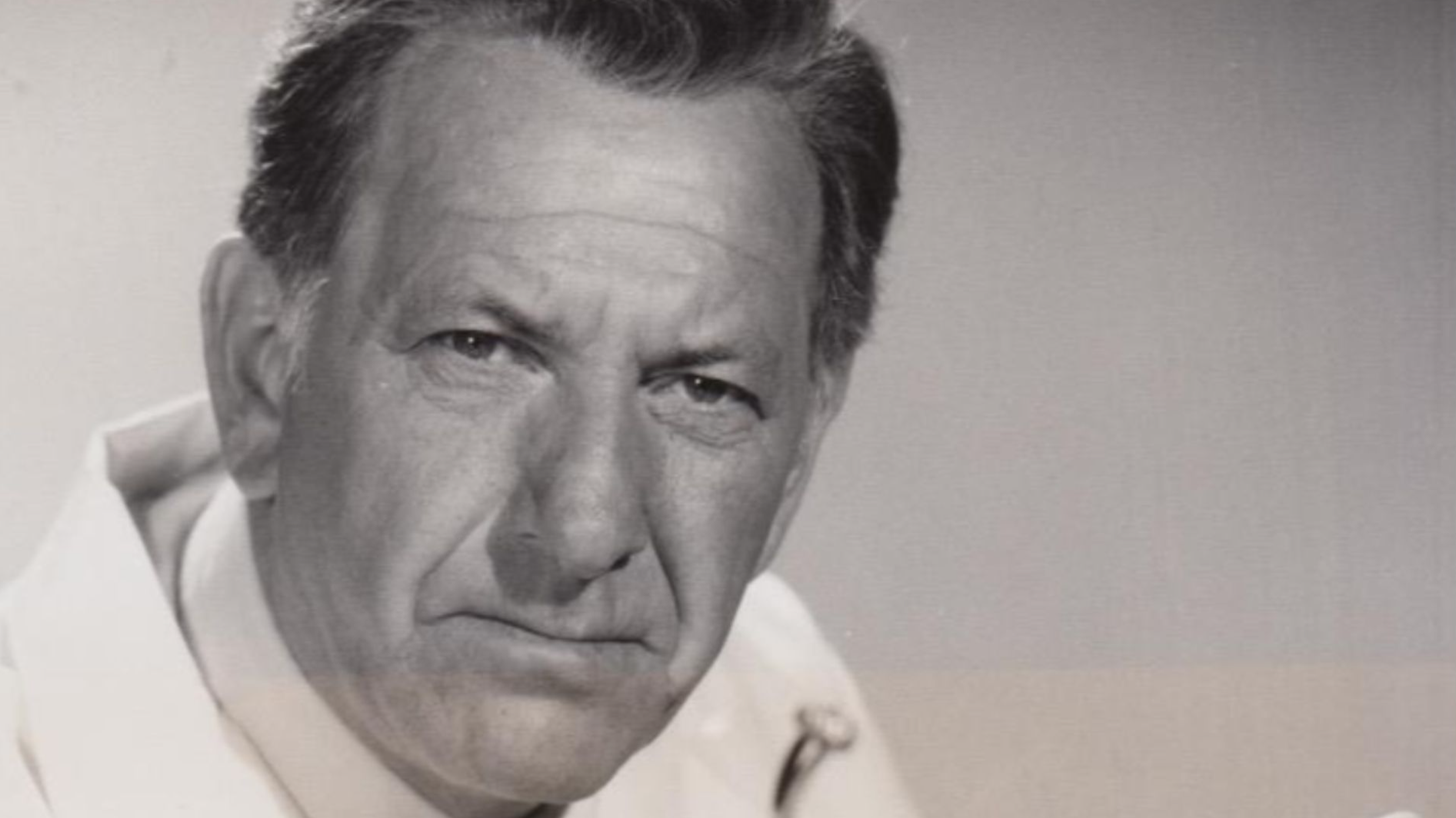 NBC Television, Wikimedia Commons
NBC Television, Wikimedia Commons
Hawkeye Pierce (MASH)
Quick-witted and brilliant, Hawkeye was also relentless when it came to chasing nurses. His flirtations bordered on harassment, and they never seemed to stop, even when clearly unwelcome. Back then, it was cheeky. Today, viewers might see it as a clear violation of workplace boundaries in uniform.
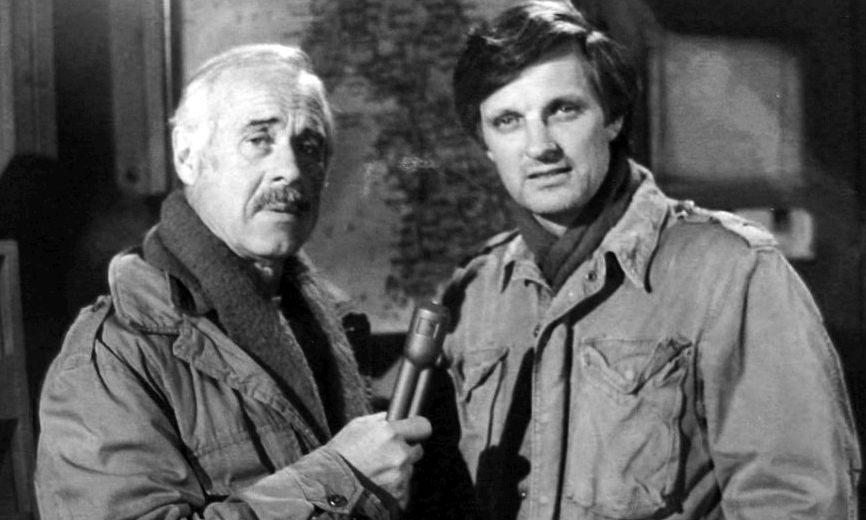 CBS Television, Wikimedia Commons
CBS Television, Wikimedia Commons
Larry Dallas (Three's Company)
Charming to some and insufferable to others, Larry Dallas was the kind of friend your mom warned you about. With a slick smile and an endless appetite for objectifying women, Larry made sure every scene he entered involved a come-on. What passed for flirtation back then reads more like harassment today.
 Nightscream, Wikimedia Commons
Nightscream, Wikimedia Commons
Diana Prince (Wonder Woman)
Diana Prince stood for justice, but the show often stood in the way. Her strength and independence were played second to costume changes and side glances from men. She had power, but it was often muted by male direction.
Harry Orwell (Harry O)
As a brooding PI, Harry Orwell walked the line between anti-hero and emotionally unavailable man-child. Women were often background noise, and emotional depth was kept behind a wall of cigarette smoke. Nowadays, people expect complexity, not cold detachment, framed as masculine mystique.
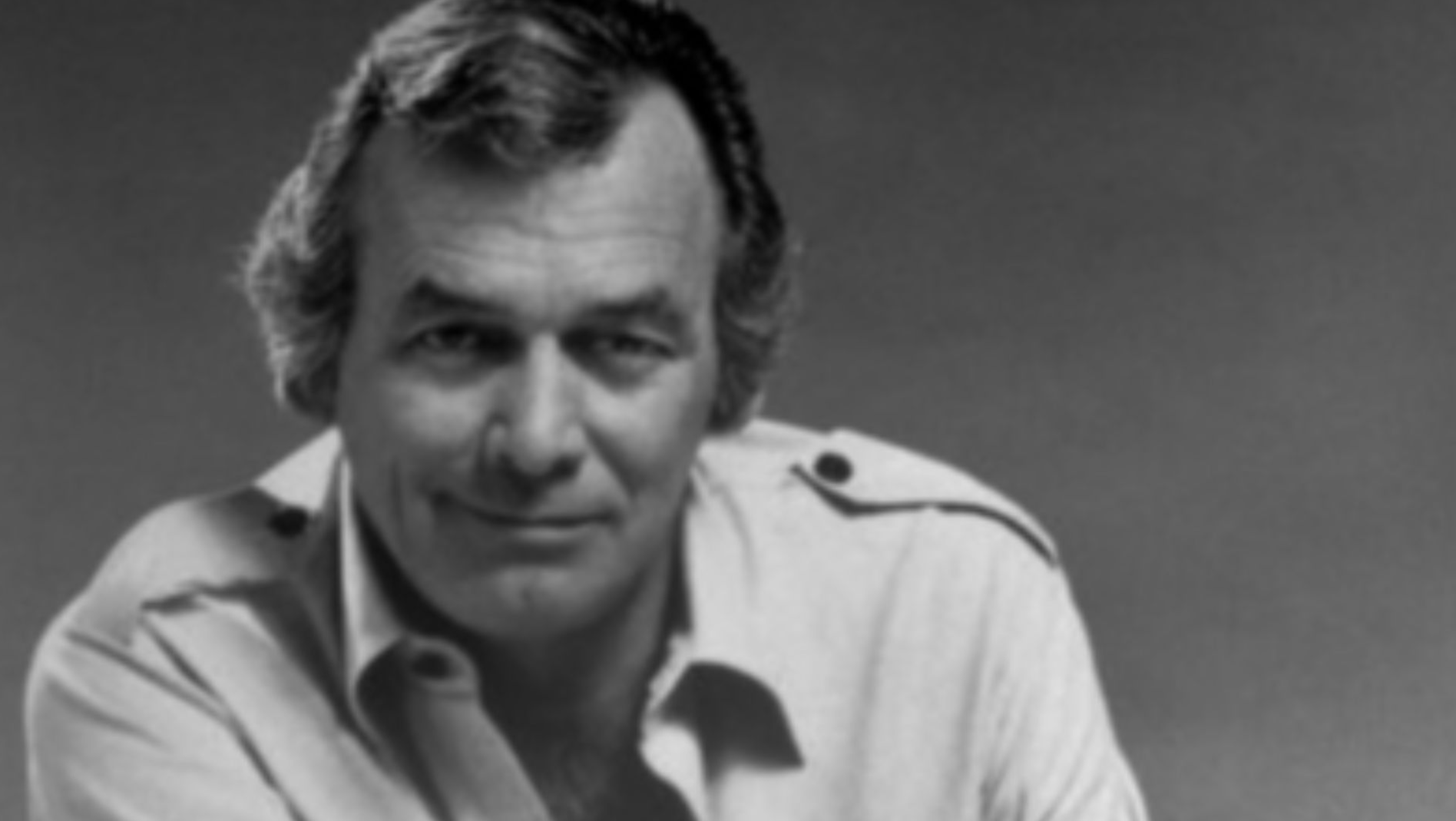 ABC Television, Wikimedia Commons
ABC Television, Wikimedia Commons
Detective Tony Baretta (Baretta)
Although Tony Baretta was gritty, his detective work relied heavily on stereotypes and scare tactics. He blended street slang with intimidation and rarely paused to reflect. Seen as edgy back then, viewers would question the ethics and the lack of boundaries.
Charlie Chan (Saturday Morning Cartoons)
Animated or not, Charlie Chan was the kind of character who aged poorly. Modeled on outdated Asian stereotypes, his exaggerated accent and "ancient wisdom" lines were built for laughs. It would now be a problematic caricature, especially in a world striving for authentic representation.
Bosley (Charlie's Angels)
He wasn't the crime-fighting star, but Bosley played the father figure—sometimes a little too literally. He often spoke to the Angels like they were children, dismissing ideas or throwing in a patronizing joke. It's a walking lesson in workplace gender dynamics.
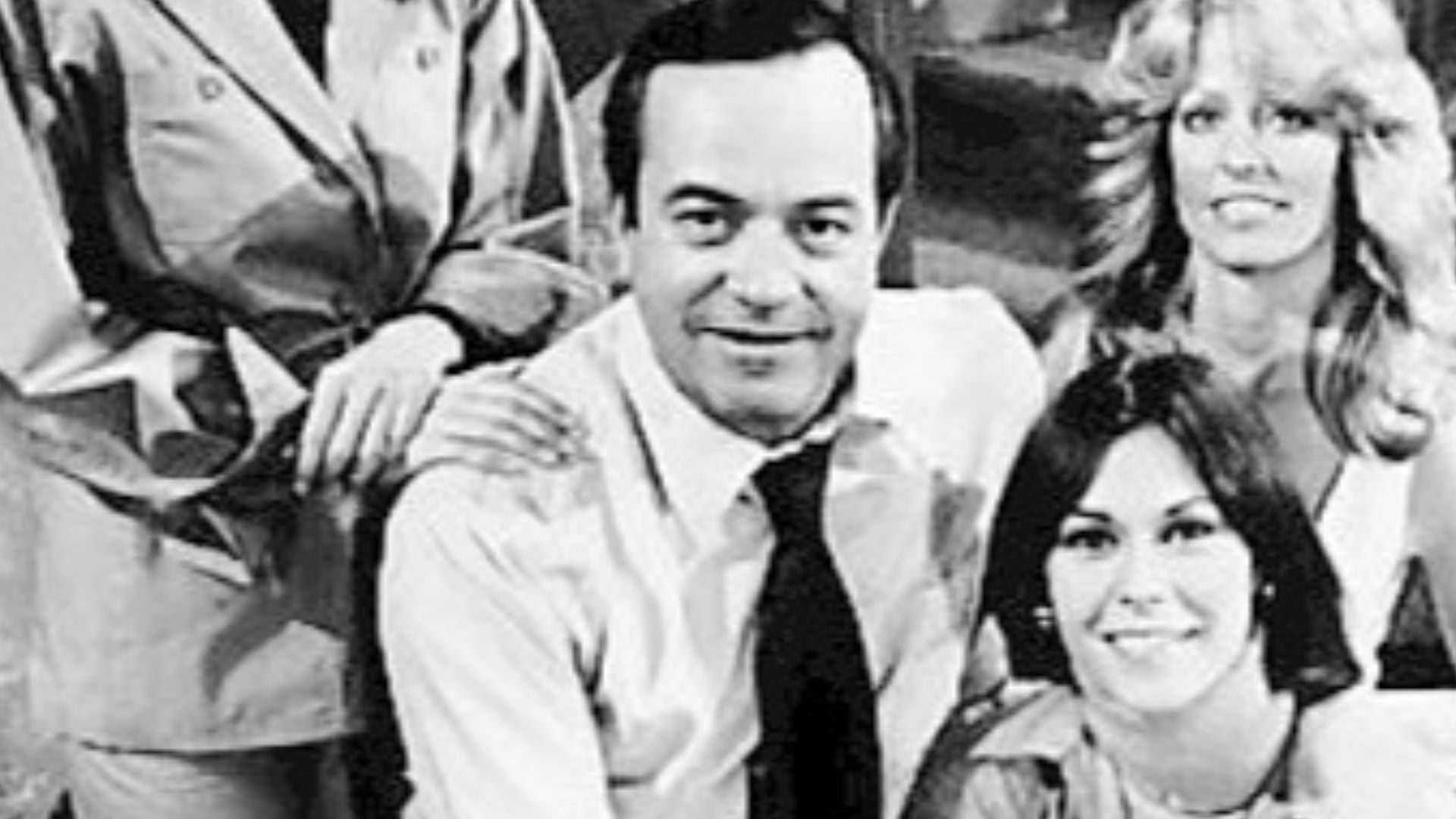 ABC Television, Wikimedia Commons
ABC Television, Wikimedia Commons
Carter Nash (Captain Nice)
As Carter Nash, the bumbling chemist turned superhero, his awkwardness bordered on cringey. But the real issue lay in how he interacted with people of color, often painting them with the same flat stereotypes used across that era's media. While well-intentioned, his worldview would have him canceled quicker than he could fly.
 "Captain Nice" - 13 Week Theatre by Pab Sungenis
"Captain Nice" - 13 Week Theatre by Pab Sungenis
Tattoo (Fantasy Island)
Tattoo's "Da plane! Da plane!" catchphrase became iconic, but his role was anything but empowering. Played with exaggerated effects and treated like comic relief, Tattoo represented the worst of how TV diminished people with dwarfism. His character's lack of agency or dignity would be an immediate red flag in modern storytelling.
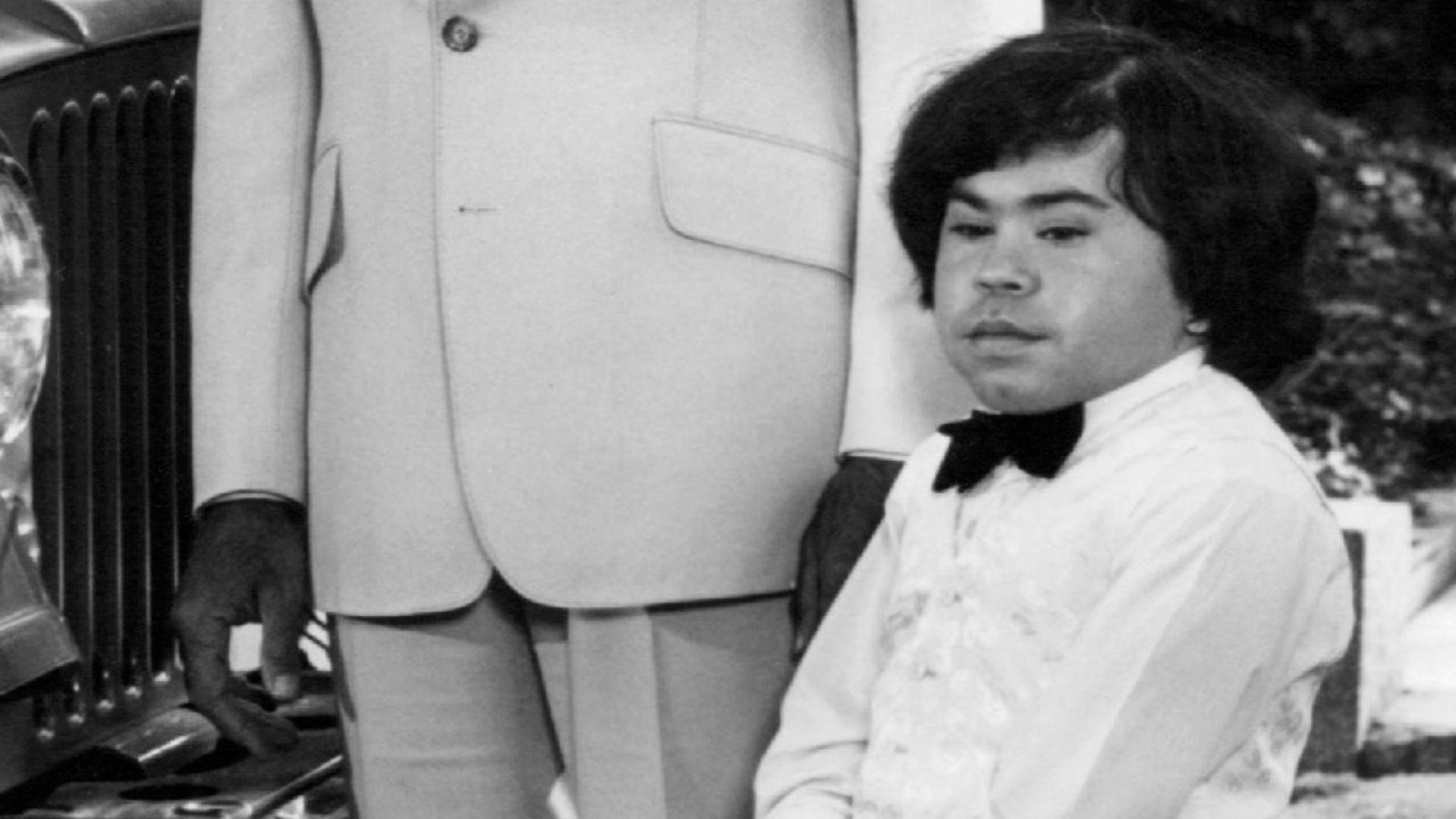 ABC Television, Wikimedia Commons
ABC Television, Wikimedia Commons
Chief Wild Eagle (F Troop)
Played by a white actor in heavy makeup, Chief Wild Eagle was meant to be funny but landed squarely in the territory of redface and crude stereotypes. Native characters in F Troop were punchlines. Today, the show would likely be pulled before a single episode made air.
 Fort Irving: F Troop Season 2 Episode 20 - What Are You Doing After The Massacre? by Irving's Zoo
Fort Irving: F Troop Season 2 Episode 20 - What Are You Doing After The Massacre? by Irving's Zoo
Mr Moto (Saturday Morning Cartoons)
Mr Moto was yet another cartoon product of the time: heavily accented and cryptically wise. These traits were layered with exaggerated visuals and broken English to create a mash-up of Asian caricatures. It's hard to imagine a network greenlighting anything remotely similar today without serious backlash and public apologies.
 MYSTERIOUS MR. MOTO (1938)/MR. MOTO’S LAST WARNING (1939). NO ADS! Crime Drama. by Full Moon Matinee
MYSTERIOUS MR. MOTO (1938)/MR. MOTO’S LAST WARNING (1939). NO ADS! Crime Drama. by Full Moon Matinee
Manuel (Fawlty Towers)
Imported into U S households via public television, Manuel from Fawlty Towers was always the joke. His broken English and wide-eyed confusion were a laugh track at the expense of an entire culture. Modern audiences wouldn't find this kind of punch-down humor endearing.
 Fawlty Towers (1975-1979), BBC Worldwide
Fawlty Towers (1975-1979), BBC Worldwide
Detective Wojo (Barney Miller)
Wojo may have had heart, but he also had plenty of old-school views that didn't age well. His discomfort with LGBTQ+ people was often played for laughs, with reactions that now read as narrow-minded. Although Barney Miller tried to be progressive, Wojo's moments still reflect a time that wasn't ready.
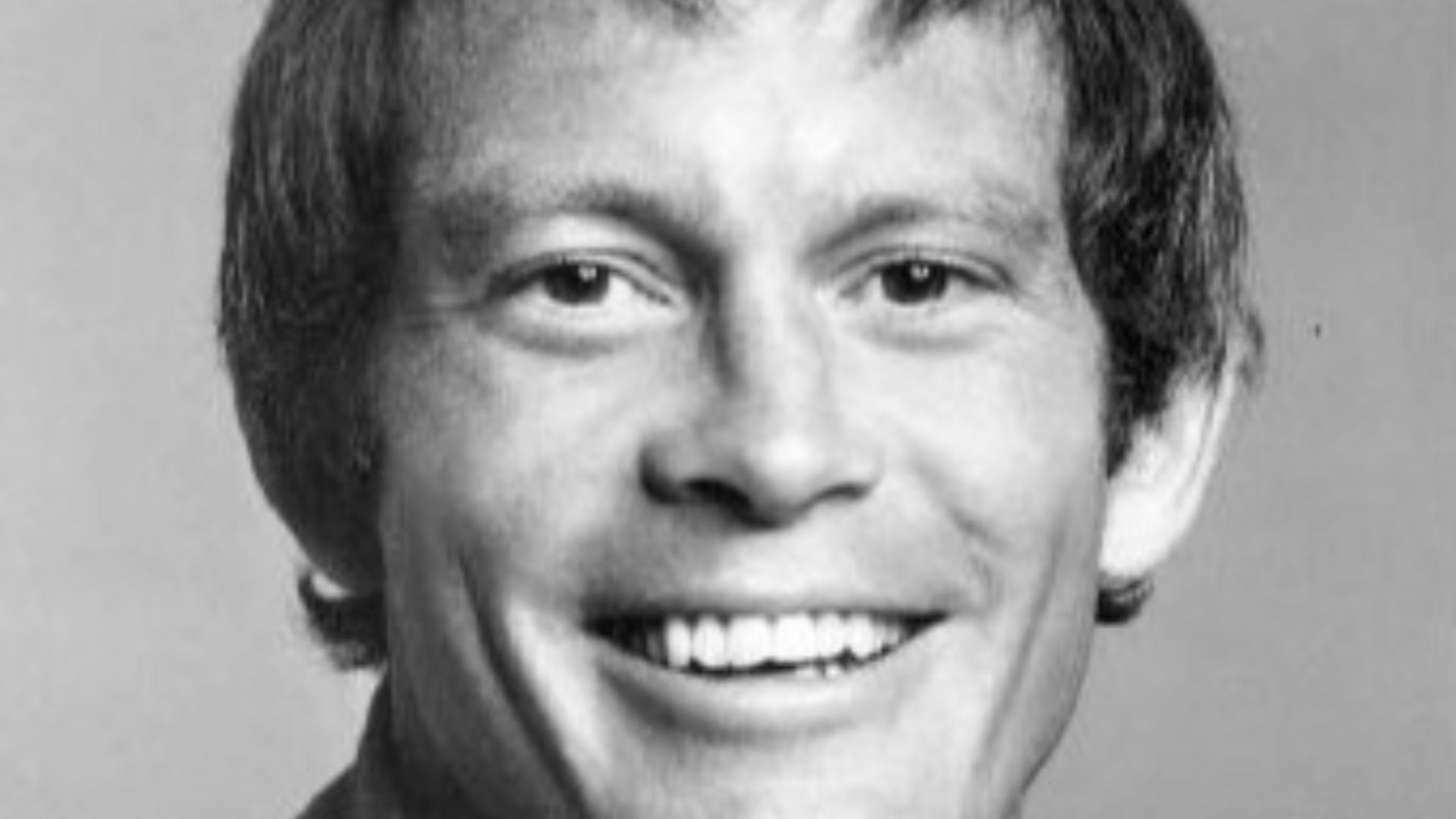 ABC Television, Wikimedia Commons
ABC Television, Wikimedia Commons
Louie De Palma (Taxi)
Snarky, short-tempered, and relentlessly crude, Louie De Palma ran the Sunshine Cab garage with an iron fist and a dirty mind. His constant belittling of women and open hostility toward anything different made him iconic—and deeply problematic. Today, his "tough love" act would be considered toxic.
J J Evans (Good Times)
J J was full of energy and catchphrases, but his exaggerated mannerisms played into racial caricatures that feel jarring now. While meant to lighten a heavy show, his comic relief often stole dignity from deeper storylines. A character that deserved nuance was instead boxed into laughs that didn't always age gracefully.
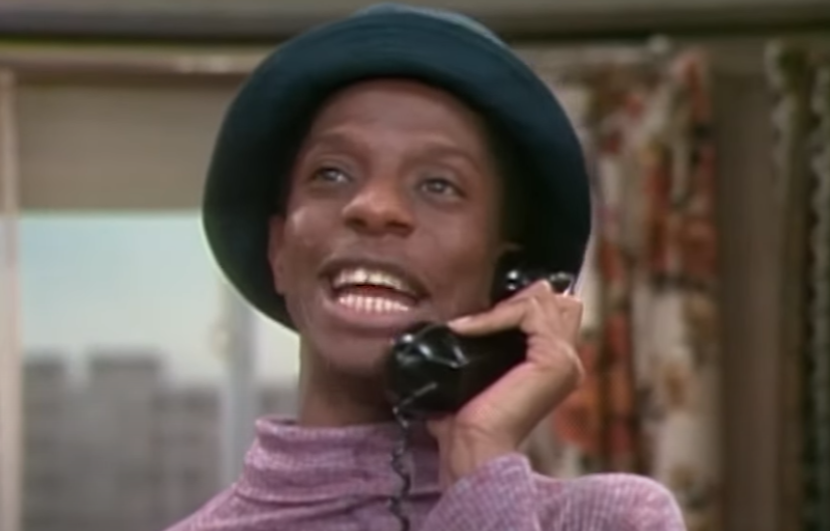 Tandem Productions, Good Times (1974–1979)
Tandem Productions, Good Times (1974–1979)
Barney Miller (Barney Miller)
Though the show pushed boundaries, even Barney himself didn't escape the era's blind spots. He often allowed his detectives to make rude remarks without consequence, brushing them off as jokes. In today's workplace dramas, that kind of passive leadership wouldn't slide.
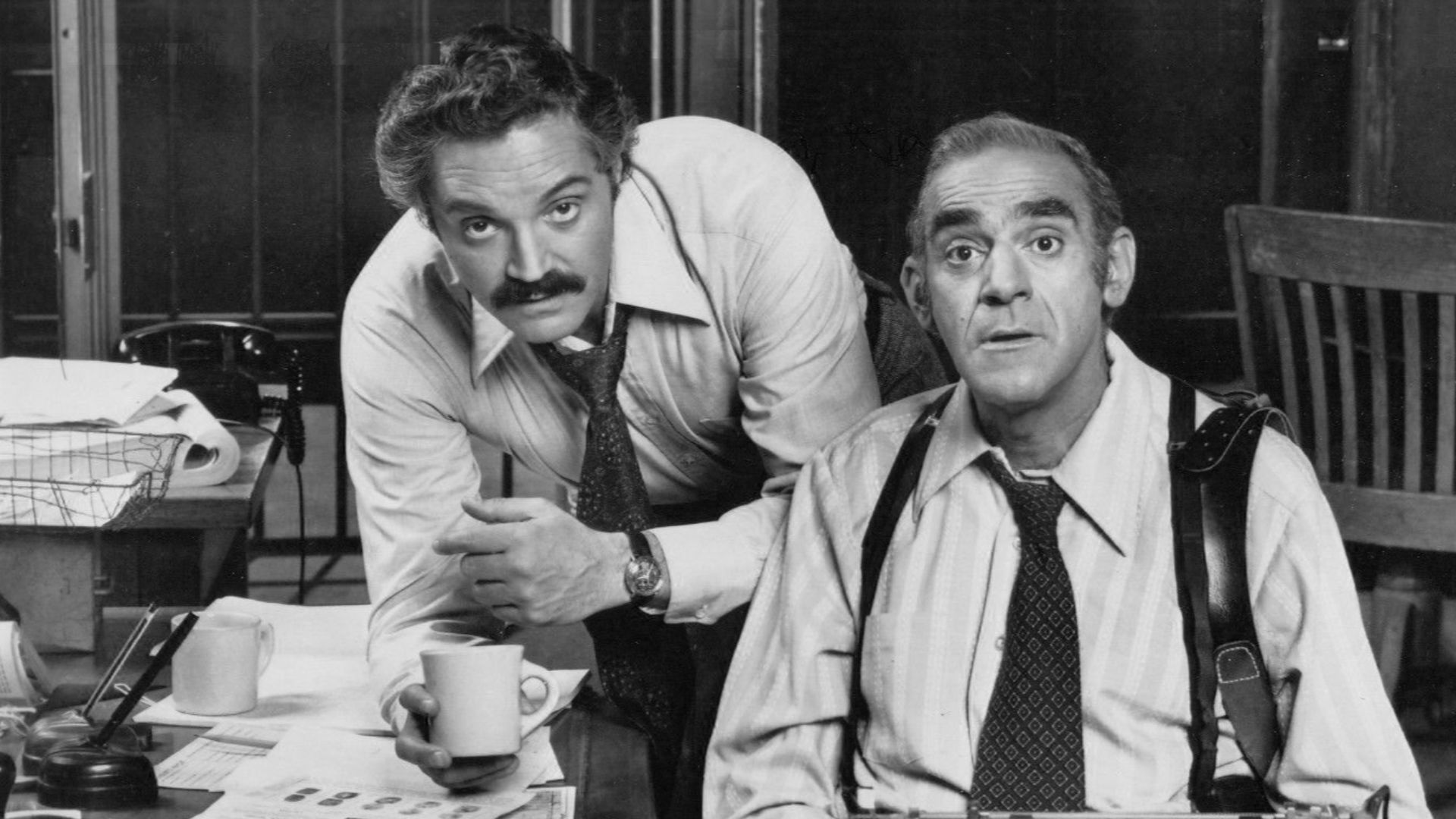 ABC Television, Wikimedia Commons
ABC Television, Wikimedia Commons
Dr Bellows (I Dream Of Jeannie)
Always convinced Jeannie was up to something, Dr Bellows was dismissive and condescending. Although he was meant to be the clueless adult in a whimsical world, his obsession with controlling Jeannie's autonomy feels dated. Modern audiences prefer magical women with agency, not ones constantly doubted and managed.
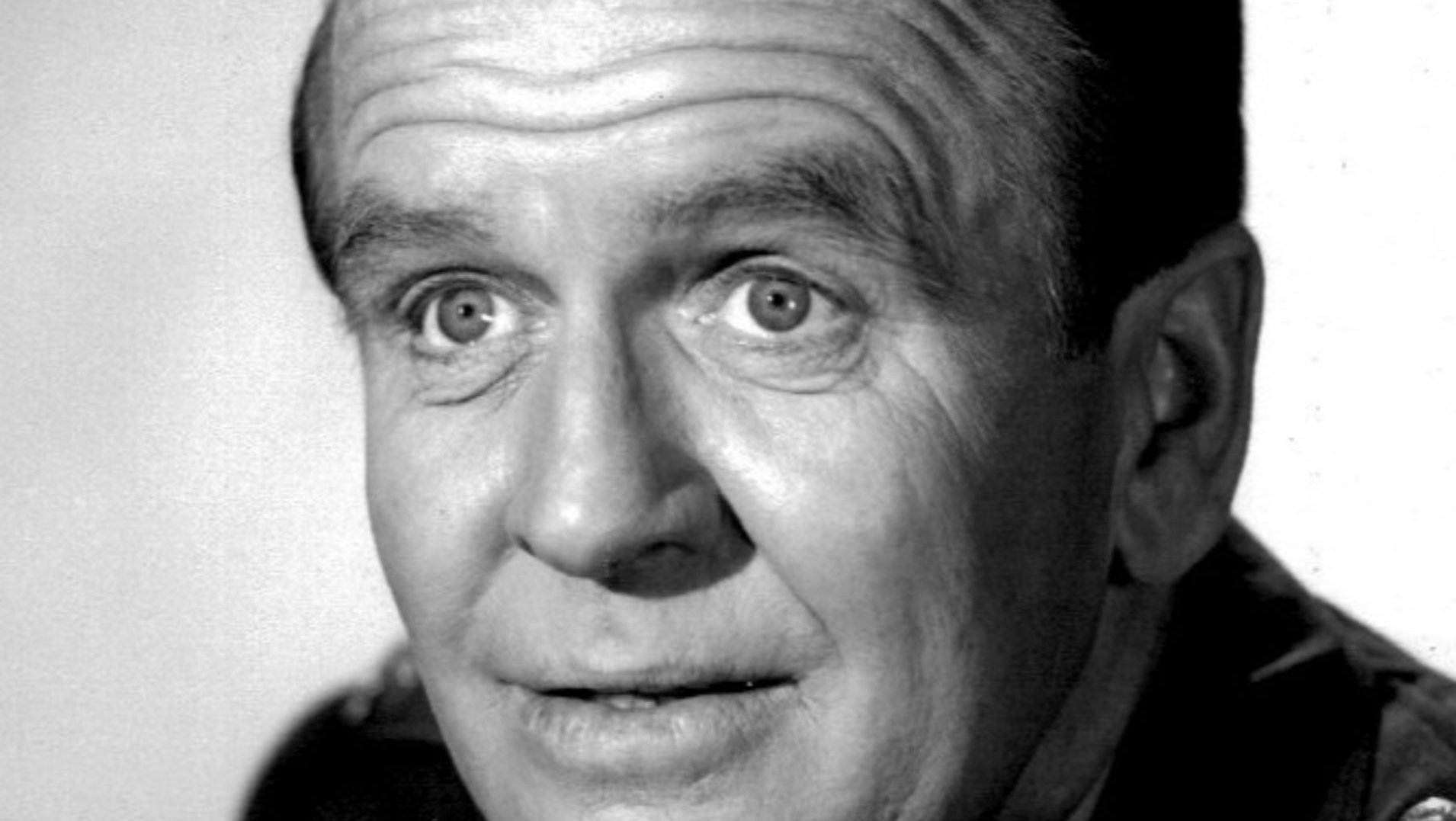 NBC Television, Wikimedia Commons
NBC Television, Wikimedia Commons
Captain Stubing (The Love Boat)
Captain Stubing flirted freely with young female guests. His role mixed leadership with overfamiliarity, blurring professional lines on a weekly basis. Modern audiences would likely question the ethics of a captain romantically engaging with passengers under his supervision—especially repeatedly.
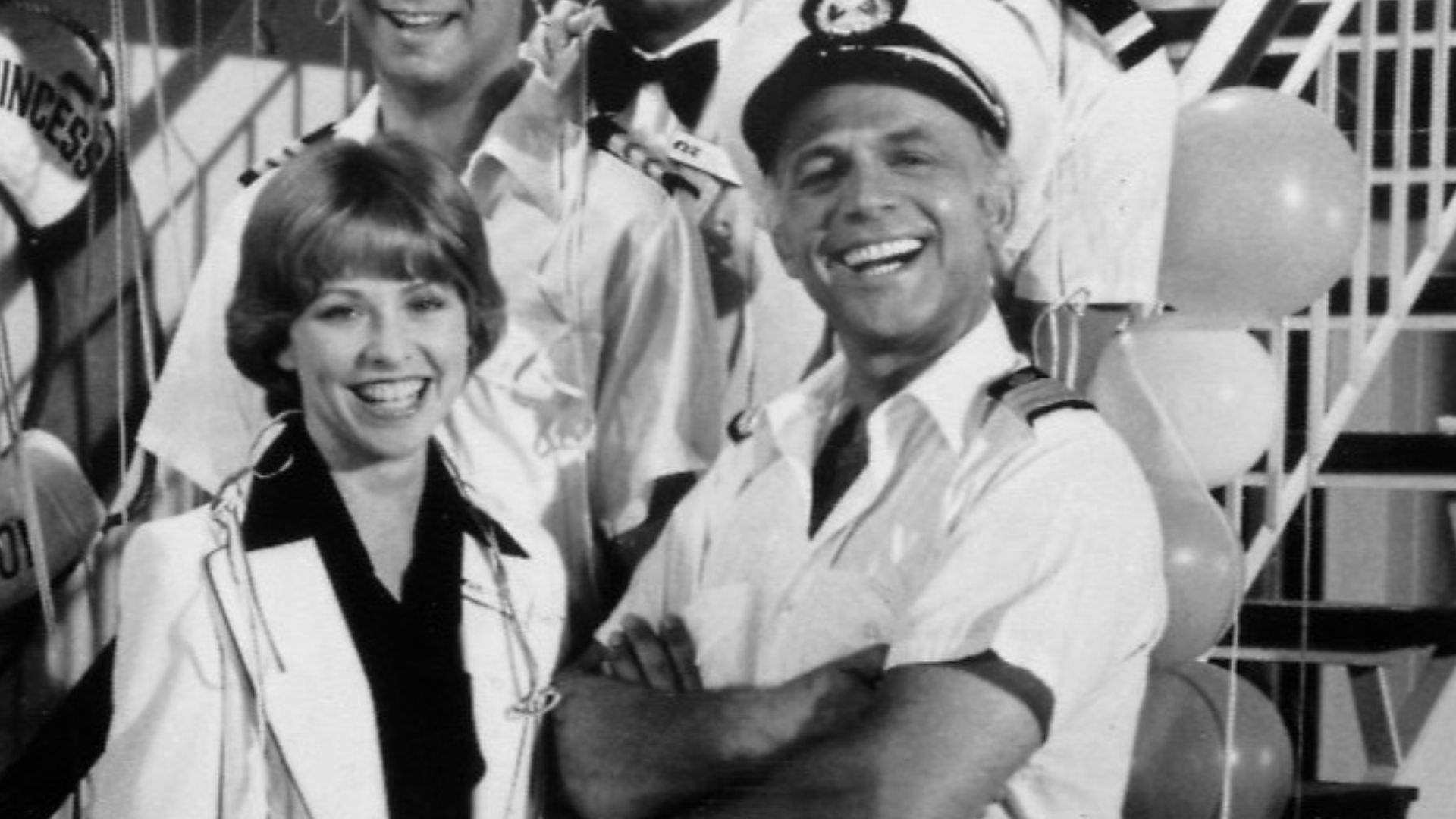 ABC Television Uploaded by We hope at en.wikipedia, Wikimedia Commons
ABC Television Uploaded by We hope at en.wikipedia, Wikimedia Commons
Otis Campbell (The Andy Griffith Show)
Known as the town drunk, Otis regularly stumbled into jail with a grin and got laughs for it. It was played for harmless fun, but his chronic alcoholism was never really addressed as a problem. In modern TV, substance abuse isn't a punchline, and Otis would likely be heading to rehab, not Mayberry.
Boss Hogg (The Dukes Of Hazzard)
With a white suit and a corrupt soul, Boss Hogg was the greedy, scheming heart of The Dukes of Hazzard. He abused power and exploited his community for personal gain. In today's climate, a cartoonishly corrupt official wouldn't just be a joke—he'd feel a little too real.
Laverne DeFazio (Laverne & Shirley)
Bold and endlessly entertaining, Laverne broke molds for female leads. Still, her tough-girl persona often reinforced working-class stereotypes and leaned into loudmouth tropes played for laughs. Modern shows would likely add more emotional depth instead of relying so heavily on typecasting.
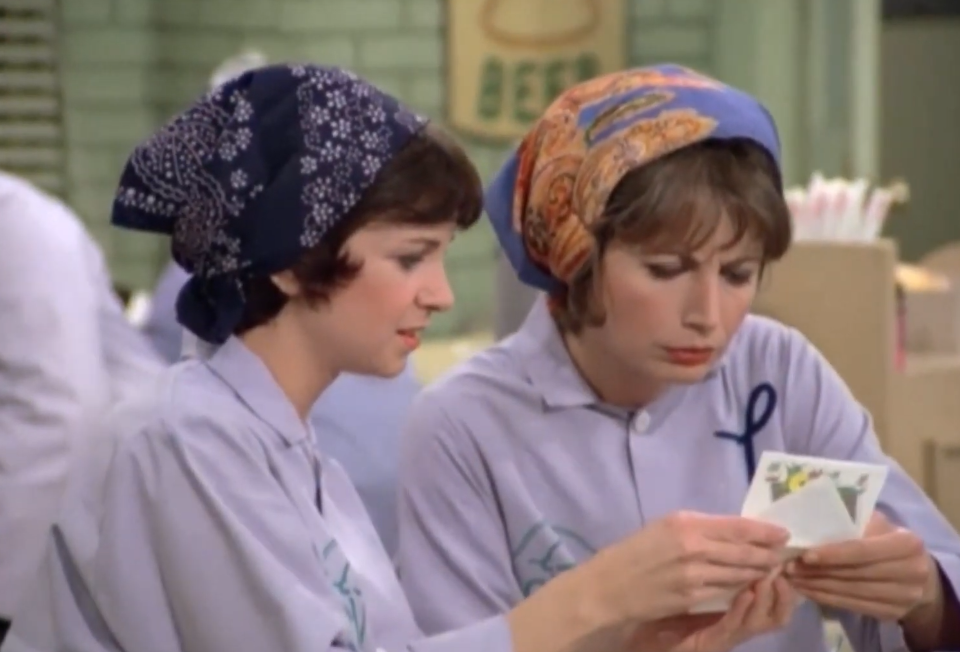 Paramount, Laverne & Shirley (1976-1983)
Paramount, Laverne & Shirley (1976-1983)
Herman Munster (The Munsters)
Herman was lovable, but his interactions with women outside his family sometimes crossed a line. His exaggerated flattery and over-the-top charm weren't malicious but often bordered on creepy. His lack of social awareness would spark uncomfortable reactions from modern viewers who are more tuned in.
Tony Nelson (I Dream Of Jeannie)
Major Nelson's relationship with Jeannie was built on control. She called him "Master," lived in a bottle, and wasn't allowed to use her powers without permission. Back then, it was a whimsical romance. Now, it feels like a case study in patriarchal fantasy, where consent and equality were never on the table.
Bo Duke (The Dukes Of Hazzard)
As one-half of the Duke cousins, Bo raced cars and chased women, sometimes women far younger than him. Flirting with barely legal girls was brushed off as charming, but today, that kind of behavior would trigger age-gap discourse and scrutiny.
 The Best of Bo Duke by Former Zeitgeist
The Best of Bo Duke by Former Zeitgeist
Lou Grant (The Mary Tyler Moore Show)
Lou Grant barked orders like a newsman straight out of central casting. Gruff and emotionally reserved, he regularly dismissed Mary's ideas and interrupted her with old-school authority. Though he respected her over time, today's viewers would likely call out his patronizing tone.
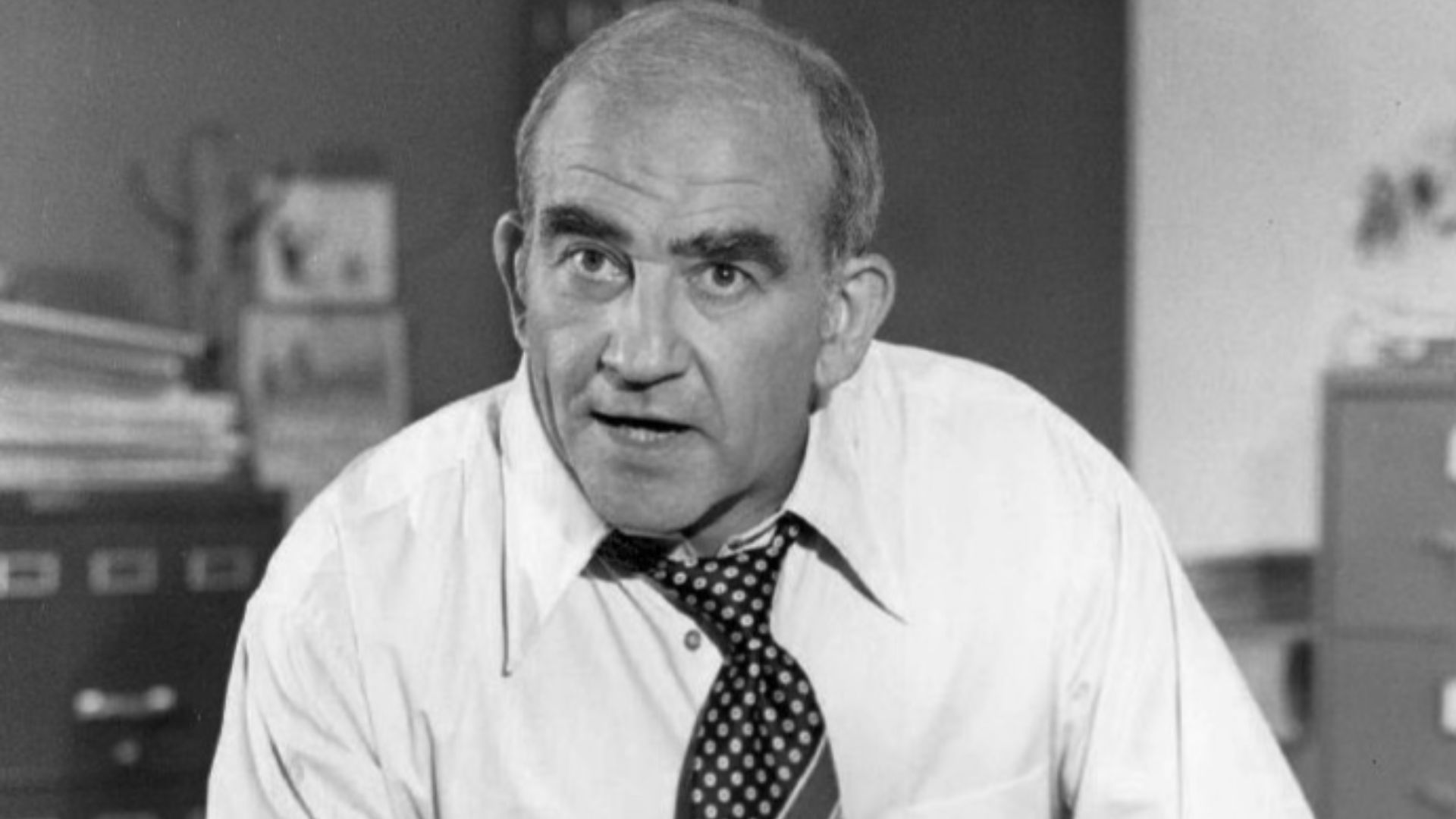 CBS Television, Wikimedia Commons
CBS Television, Wikimedia Commons
Oscar Madison (The Odd Couple)
He was a lovable slob, but Oscar's treatment of women and emotional avoidance wouldn't pass today's filters. He often dodged responsibility and mocked more sensitive men—namely Felix—for their vulnerability. The implication? Real men don't clean or feel.
The Fonz (Happy Days)
Cool and always chasing women, The Fonz became a pop culture icon. But a grown man hanging around a high school and flirting with teenage girls doesn't read the same now. What was once "ayyy!" might now be "eww," as viewers reevaluate what behavior is actually worth idolizing.
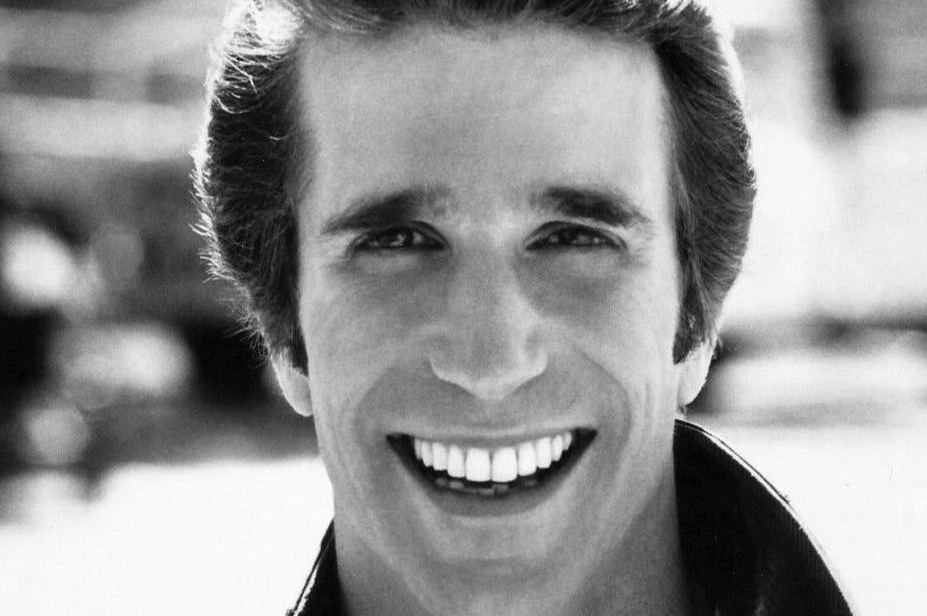 ABC Television, Wikimedia Commons
ABC Television, Wikimedia Commons
Darrin Stephens (Bewitched)
He married a witch, then spent every episode telling her to hide it. Darrin's discomfort with Samantha's powers symbolized a deep fear of female autonomy. He loved her, as long as she toned herself down. Today, he'd be called out for dimming his wife's light.
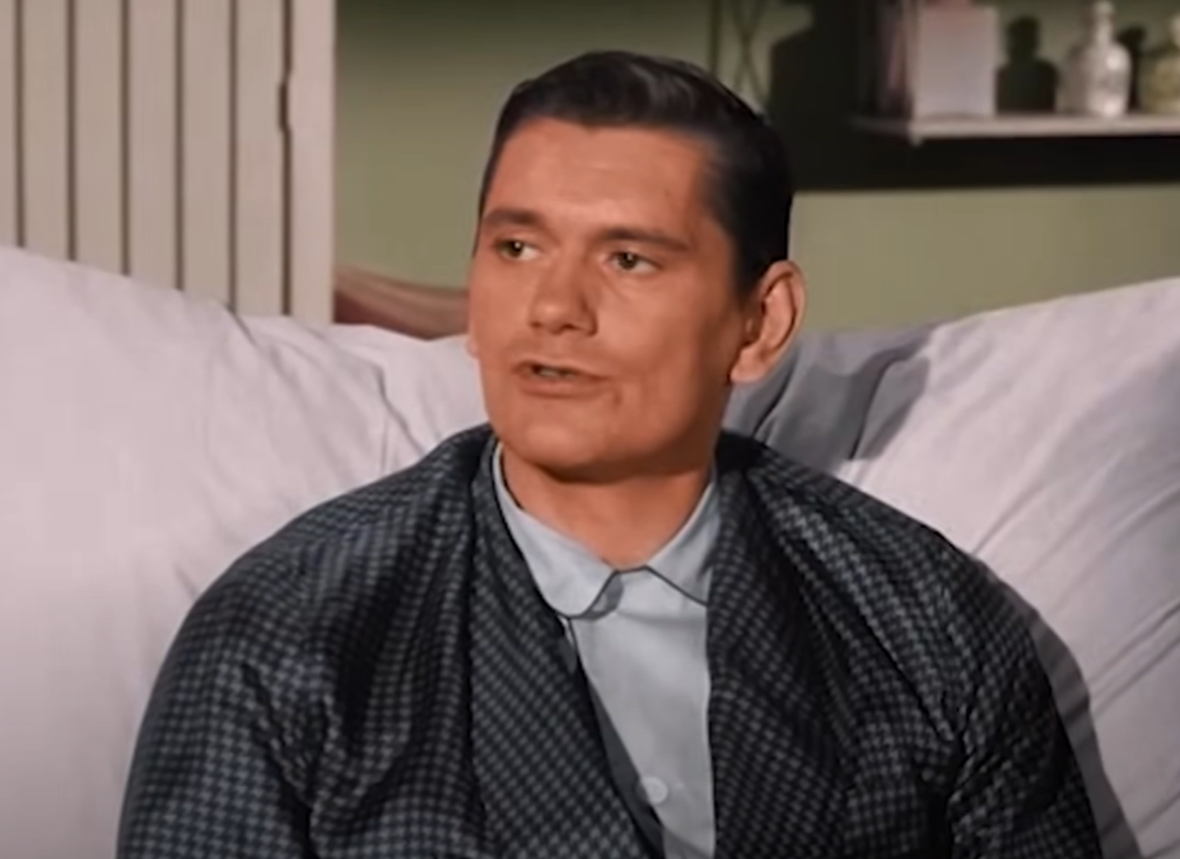 Screen Gems Television, Bewitched (1964-72)
Screen Gems Television, Bewitched (1964-72)
Ann Romano (One Day At A Time)
Ann meant well as a liberated, independent mother, but she often tolerated bad male behavior and delivered mixed messages to her daughters. While shrugging off gender bias or enabling toxic relationships, her character's inconsistencies would raise eyebrows now. Empowerment means more today than just surviving.
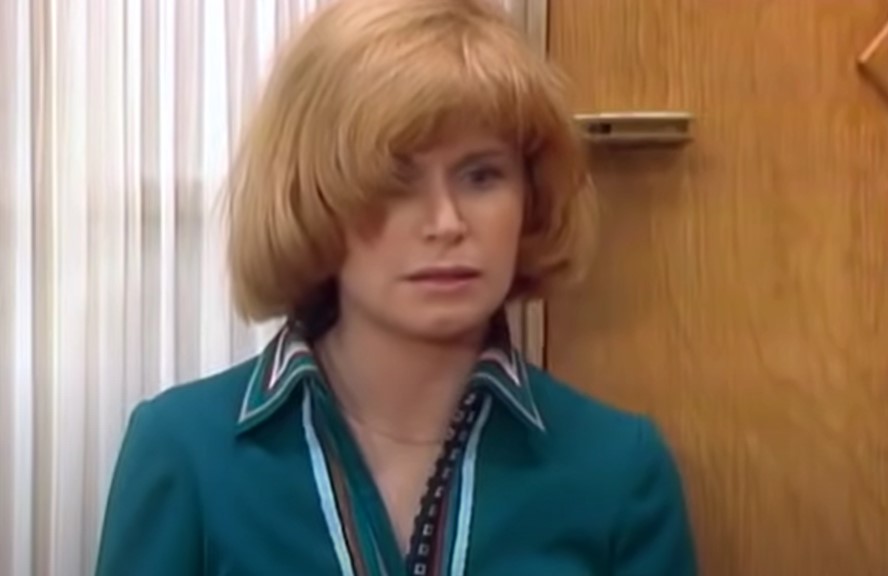 CBS, One Day at a Time (1975–1984)
CBS, One Day at a Time (1975–1984)
Shirley Feeney (Laverne & Shirley)
She was sweet and forever dreaming of fairy-tale romance. However, Shirley's character often reinforced the idea that a woman's biggest goal was landing a husband. Despite being harmless on the surface, her boy-crazy tendencies and emotional fragility would likely draw criticism today.
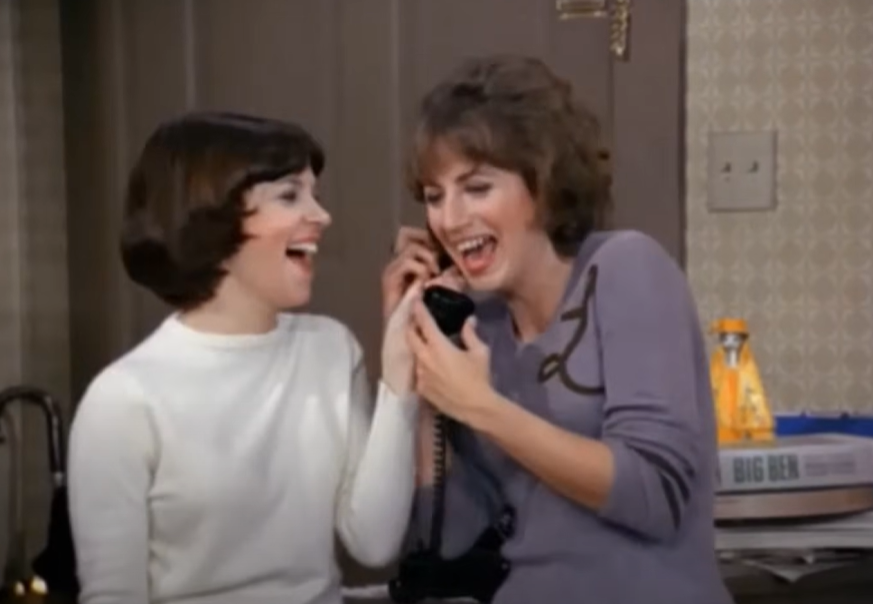 Paramount Television, Laverne & Shirley (1976 - 1983)
Paramount Television, Laverne & Shirley (1976 - 1983)



